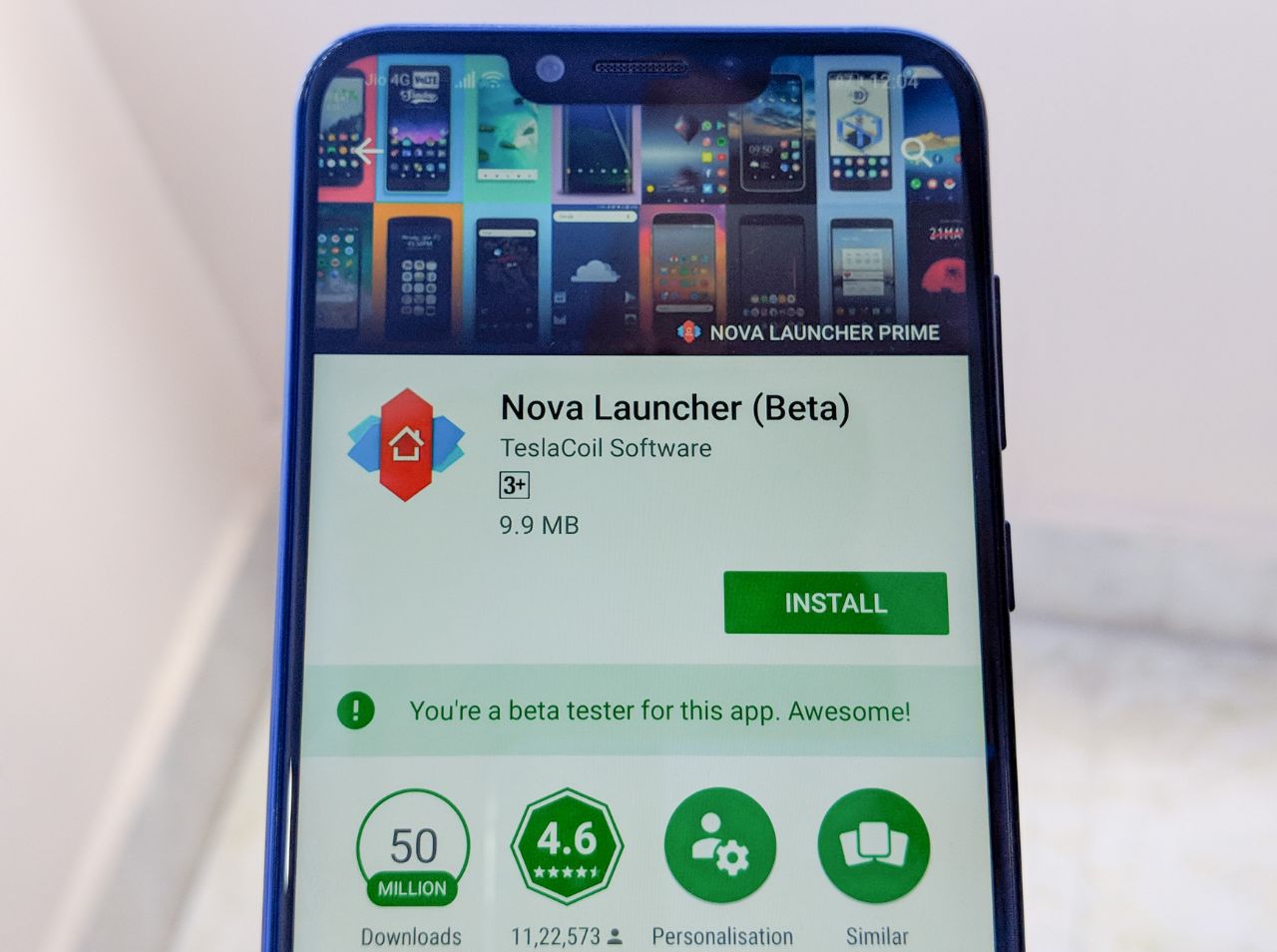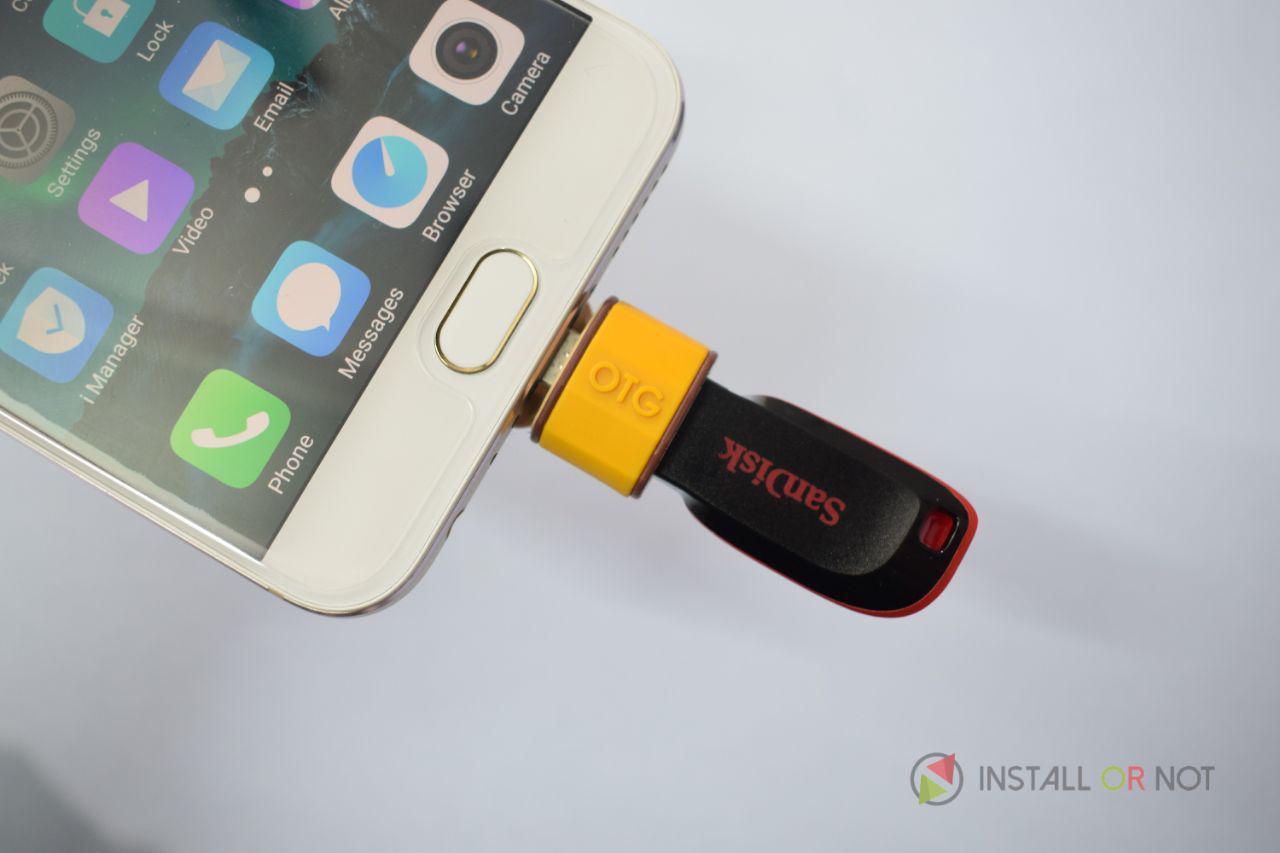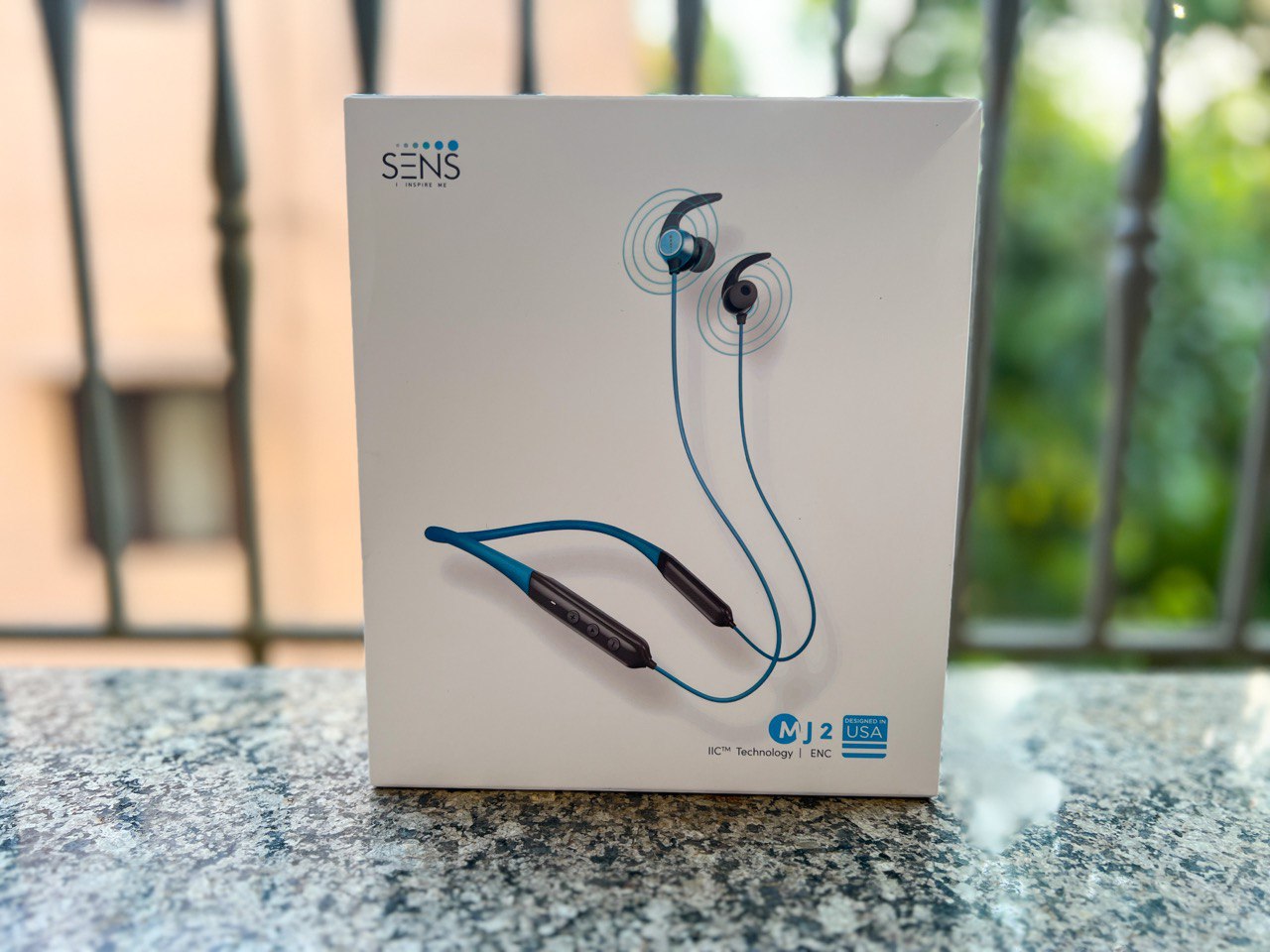
Research in Motion has been the topic of controversy for quite some time now. Critics have continuously stated that the ailing BlackBerry would either get bought up by a larger company or die all together.
Facts, however, seem to show that the company is still far away from either and may be ready to fight back sooner than later. Here’s 10 reasons why RIM will survive:
1. Cash
Recent financial statistics and information released by the company showed that they have well over $2 billion in cash and short term investments at the disposal and even though they are in tough position at the moment, they may even be able to take out loans.
2. Patents
It’s no surprise that RIM is a patent trove with patents stretching from mobile devices to network infrastructure. Recent estimates value the total value of RIM’s patents, not including the Nortel patents that were acquired through a consortium of companies, at roughly $4 billion. The patents alone are already worth more than the company’s market capitalization itself.
3. Tangible Assets
Another interesting fact is RIM’s total tangible assets, which includes property, plants and equipment among other assets, are worth over $3 billion after depreciation. This would include some of their factories, corporate buildings worldwide, aircrafts and aircraft hangars, storage facilities etc. Surely, at least $1 billion worth of these can be liquefied.
4. Inventory
Although a lot of their inventory, specifically Playbook tablets, were written off, RIM still has over $1 billion worth of inventory, which has to be quite a lot. What should be noted though, is that it’s calculated at cost price. So, lowering the retail pricing or having fire sales, like with the Playbook, could bring in some more cash.
5. Debt
Debt is usually the biggest contributing factor to a company’s downfall, that’s what got Kodak in the end. RIM however, has NO debt, none at all. Having no debt will certainly play in its favour, especially when it comes to any types of loans that could be made as a last resort.
6. Restructuring
It’s a factor that has been much hyped about recently. Thorsten Heins, the company CEO, has been busy with restructuring efforts that include cutting over 8,000 jobs and selling one of the company jets. The restructuring efforts are said to save the company over $1 billion, but there are no mentions anywhere on how much will be spent on the restructuring.
7. Networks
Although included in the tangible assets, RIM’s well known corporate networks are said to be worth more than the financials show, and analysts believe that they could easily be sold off for roughly $4.5 billion. There is a problem though, that is the compatibility with other platforms if sold to a company that wants to use it on those.
RIM says that they have close to 80 million subscribers on their networks, which may be one of its most valuable assets. There’s no word however on how many of those subscribers have migrated to competing platforms.
8. Partners/Customers
Over the years RIM has made many partners and obtained a lot of important business from governments and other large companies. The Volkswagen Group incorporates QNX based systems inside their cars, specifically the Porsche variant. Governments such as the US Department of Defense and the White House, which includes the US President, also use RIM’s BlackBerry devices. The key behind these high profile clients and so called partners is the fact that they won’t think twice to help the company out should it suddenly hit rock bottom.
9. History
In 2003, the company also took a dive for a bit, but they pulled through and grew tremendously until they reached their peak in 2008. They were also the company that put smart phones on the map when, in 2003, they launched some of the first such devices. RIM was also one of very few companies to turn profits during the 2008/2009 recession, beating many expectations and even breaking some of their own sales records. Doing what seems impossible is in their nature, thus they can surely pull it off once again, after all they say history usually repeats itself.
10. BlackBerry 10
It may only hit the mass market in January 2013, but BlackBerry 10 is set to bring a new, highly competitive player to the game. RIM has taken out all the stops by attracting many developers, and Nokia ending all projects that incorporate Qt, has made sure that they seek greener pastures, which RIM may just provide.
BlackBerry 10 is set to bring much anticipated features to BlackBerry devices such as high resolution, high density displays, fast and efficient cameras, front facing cameras for video calling, widget support, the best mobile browser on the market by far as well as a great user experience.
What makes BlackBerry 10 even more significant is the fact that it is said to bring support for Qt (Symbian, MeeGo and Tizen), Android, Windows Phone and iOS applications, though fragmentation may stir things up if this does happen.
Like I’ve said before, RIM may be down, but they’re not out, not by a long shot. The coming months, and years, will be quite a feat to gaze upon, you’ll definitely be in for a treat. Sit back, relax and watch Thorsten Heins lead the company to new heights.










